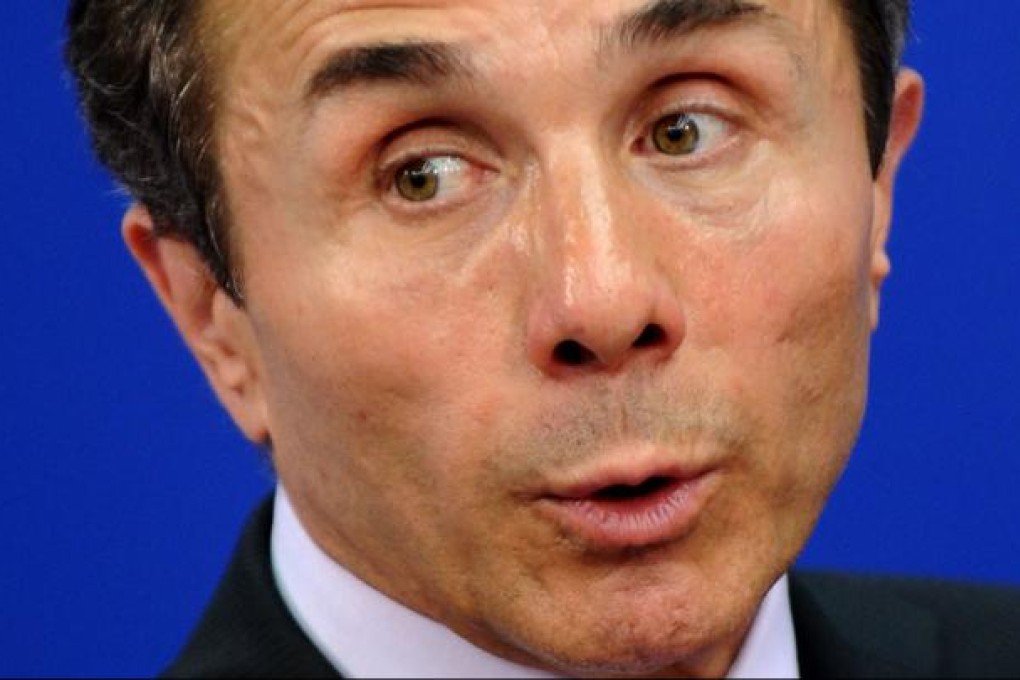Hard disk gave investigators data to expose tax havens, account holders
Investigating journalists used hi-tech software to scour 260 gigabytes of secret information to expose the real owners of accounts


Scroll down for live tweets
The hard drive contained more than 260 gigabytes, the equivalent of half a million books. Its files included 2 million e-mails, four large databases, details of more than 122,000 offshore companies or trusts, and nearly 12,000 intermediaries.
Unlike the smaller cache of US cables and war logs passed in 2010 to WikiLeaks, the offshore data was not structured or clean, but an unsorted collation of internal memos and instructions, official documents, e-mails, large and small databases and spreadsheets, scanned passports and accounting ledgers.
Analysing the immense quantity of information required "free-text-retrieval" software, which can work with huge volumes of unsorted data. Such high-end systems have been sold for more than a decade to intelligence agencies, law firms and commercial corporations. Journalism is just catching up.